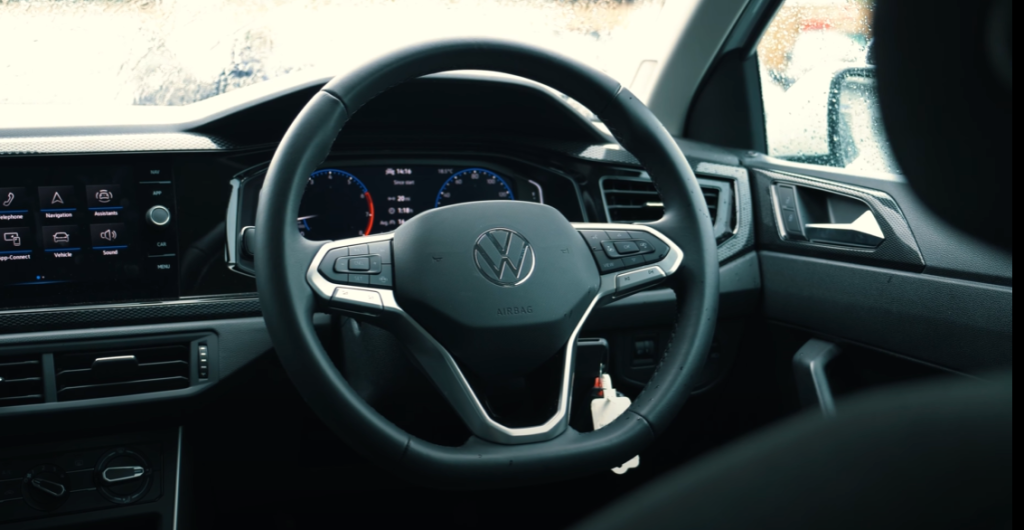After four decades of European production, Volkswagen is relocating Polo manufacturing.
Others are reading now
After 40 years and over 8.4 million cars, Volkswagen has ended Polo production in Europe, marking a shift in the automaker’s strategy.
The iconic small car, produced in Spain for decades, will now be made in South Africa as Volkswagen looks to prioritize electric vehicles (EVs).
Volkswagen’s decision comes as sales of the Polo have declined across Europe, especially with more consumers opting for SUVs like the Volkswagen T-Roc, Taigo, and T-Cross.
Despite the Polo’s longevity, sales have halved over the past decade, according to Dataforce data cited by Automotive News and Boosted.
Also read
In several European countries, the Polo had already been phased out in favor of newer models.
Now, as part of a broader strategy to adapt to stricter environmental regulations and growing demand for electric vehicles, Volkswagen is discontinuing Polo production in Spain entirely.
Shifting to Electric Vehicles
Starting in 2026, the Spanish plant that once produced the Polo will transition to manufacturing affordable electric vehicles, as part of Volkswagen’s broader effort to electrify its lineup in the coming years.
This shift aligns with Europe’s growing political and regulatory pressures to reduce emissions and move toward greener transportation options.
Volkswagen has acknowledged that small petrol-powered cars like the Polo face an uncertain future due to rising costs associated with stricter emission standards. The company has cautioned that these vehicles may become more expensive in the near future.
As the Polo departs from its European roots, Volkswagen’s strategic pivot reflects a larger trend in the automotive industry: adapting to evolving market demands and the growing push for electrification.


